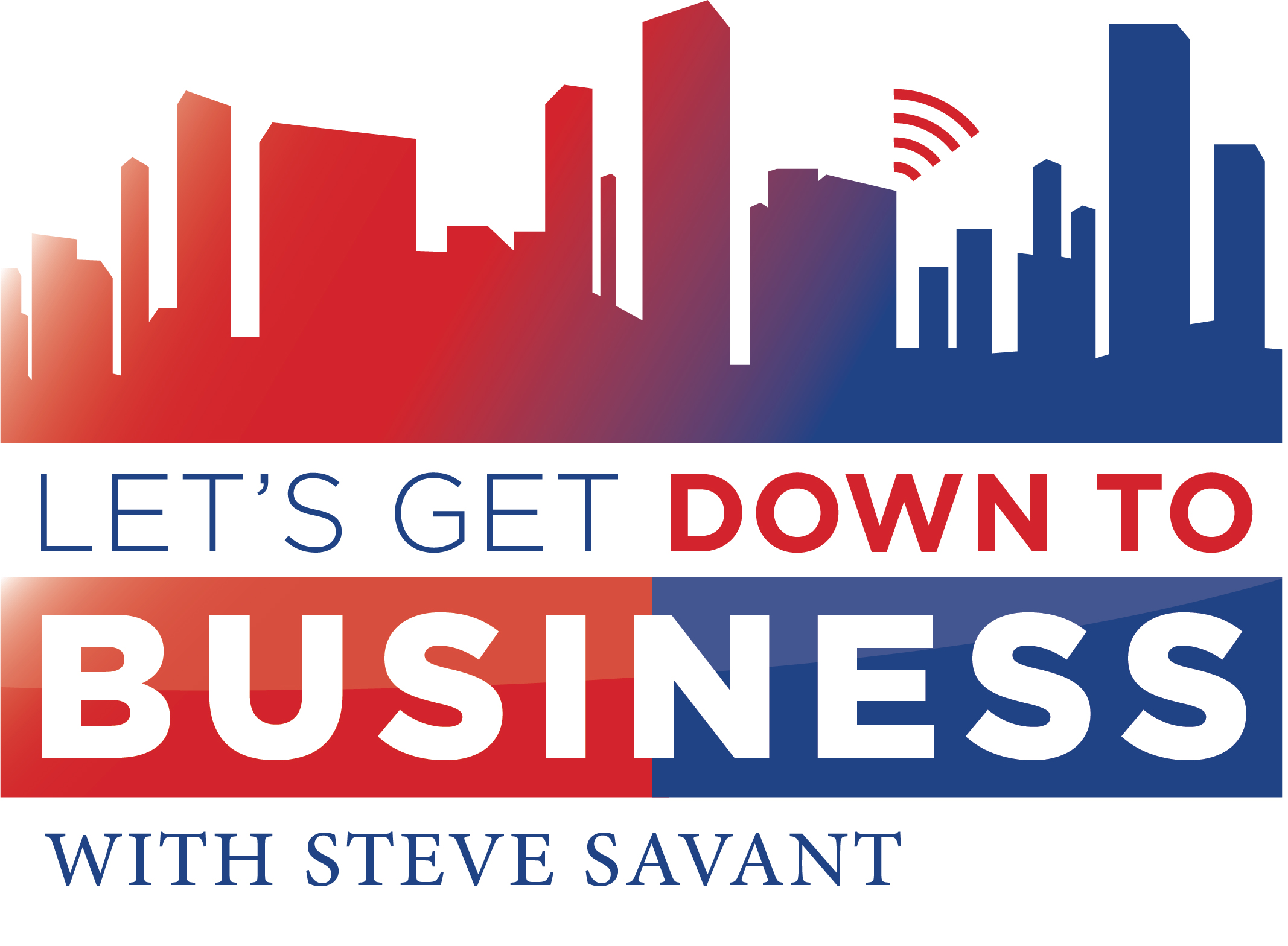 Mesa 12/24/2018 10:00:00 AM
Mesa 12/24/2018 10:00:00 AM
News / Finance
Upbringing Can Create Attitudes About Money, Especially Holiday Spending
Our Economic Environment May Dictate Our Financial Behavior

Nothing in life is free. Money doesn’t grow on trees. These were the money mantras baby boomers heard from parents who lived through the Great Depression. Most of the baby boomer generation were brought up with a strong work ethic and most held down an after-school job, like cutting lawns or delivering the newspapers. Some had allowances for doing chores around the house. And a few were given allowances without doing anything. But for the most, if you wanted something, you got a job and saved for it.
Some boomers thought that their Great Depression parents were stingy about money; thought they were tight fisted misers. Others viewed their parent’s conservative spending as frugality against an unknown future. After all, another Great Depression could emerge from a slow economy. Back in the Fonzie era your family’s wealth, or the lack thereof, was judged by the location of your home and the car that you drove. Securing a mortgage or a car loan wasn’t a slam-dunk. But that all changed with the invention of credit for about any item you could desire. Introducing easy access to large amounts of credit was the greatest contribution to the economy the baby boomers ever made to society. Consumer credit would become the engine of the American economy and its government. But is debt sustainable?
The emotion of instant gratification dulls your senses to high interest rates. The feel- good attributes of acquiring immediate possessions blinds most consumers to the consequences of long-term indebtedness. And the marketers of your soul did this by addicting you to minimum payments. Never mind that you were paying loan shark interest rates. The power to purchase almost anything at will, without considering its value or real necessity, and the failure to exercise a little self-denial, created demand spending at both the consumer and governmental level.
Marketing and sales campaigns fixated around creating insecurities in your psyche about some product line they were selling by making it “in” to own it, “cool” to have it, and a sign of true success to flaunt it. But as the predecessors of the baby boomer generation constantly chanted, “sooner or later you’re going to have to pay the piper.”
